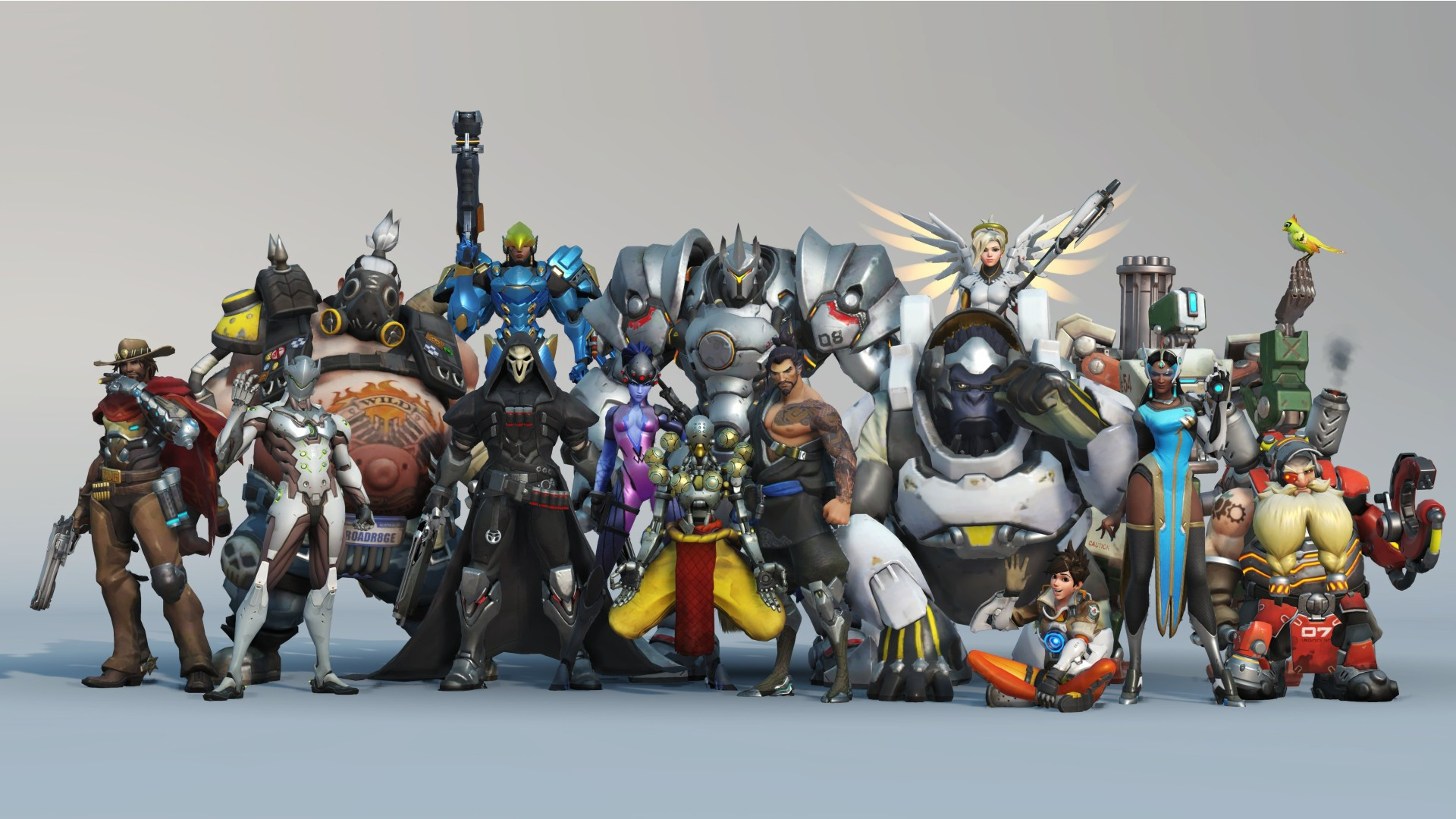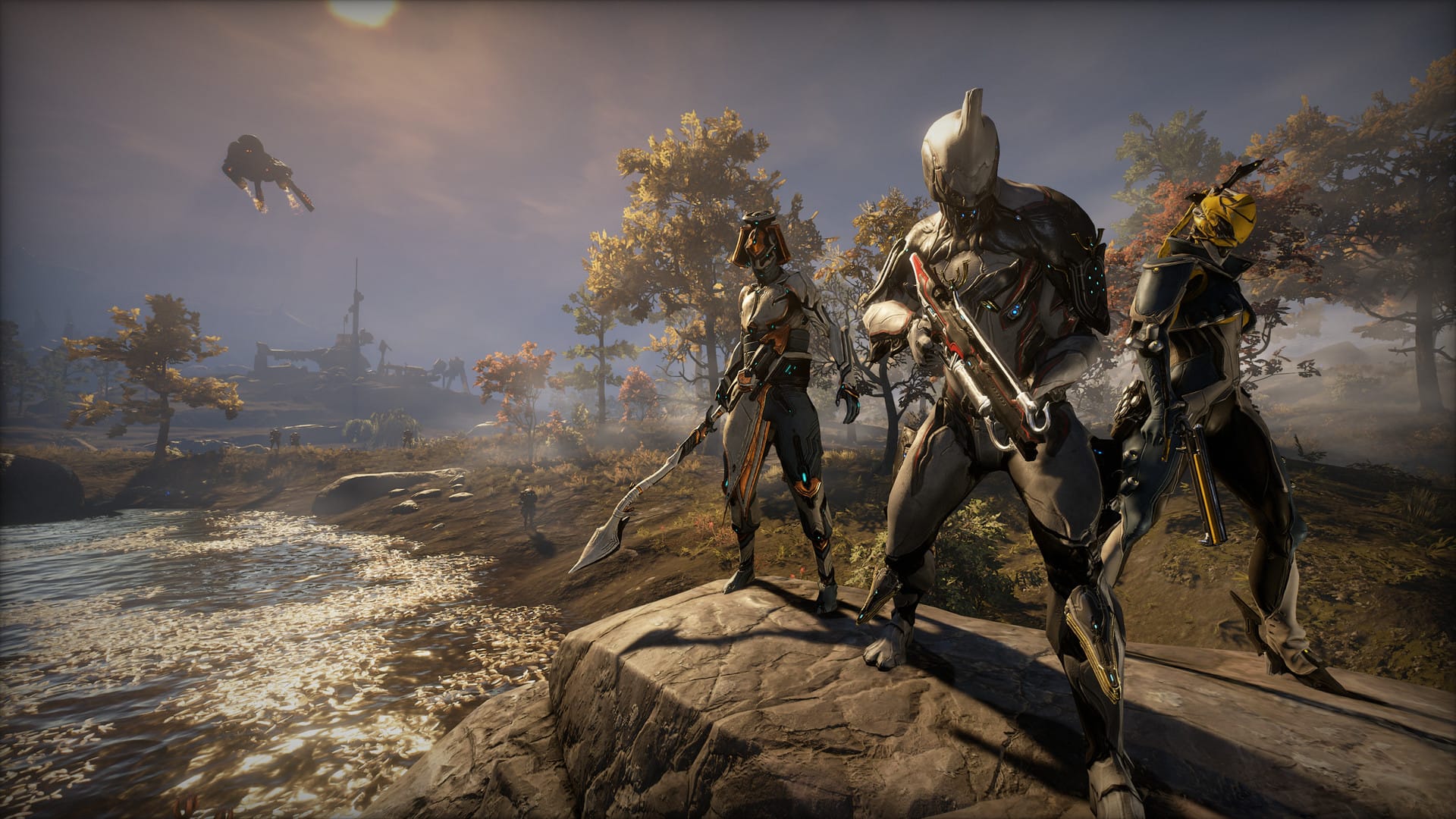The writing seemed to be on the wall for Concord the moment it launched, but it took just about everyone by surprise when Sony announced earlier this week that it would be formally shutting down the game just weeks after it launched. Furthermore, it wouldn't even be selling the game anymore, and started issuing refunds. We just haven't seen a flop and about-face at this scale...maybe ever?
But trying who to "blame" for Concord is tough. Game companies are in hot pursuit of establishing their own forever game, like Fortnite. It's a near impossible task, but the reward is fountain of money. Did Concord developer Firewalk simply make the video game Sony asked them to, as part of a misguided live service initiative? Or did Firewalk pitch Sony on their ability to make an inventive one of these types of games and missed the mark? It's probably some version of both, the truth of which we won't know until Jason Schreier tells us.
It's given us a lot to think about, though. We talked in-depth about Concord's implosion on this week's episode of Remap Radio, but Patrick and Rob found they still had more to work through about how all this happened and what's next.

Rob: When we were talking last week about Concord and how swiftly a live-service game can be labeled “dead on arrival”, I sure didn’t think Sony would be turning out the lights in just a few days. So that is a hero shooter that arrived August 23, and then by September 3rd it’s studio announced it was desliting the game, now by the sixth it is going offline entirely.
Now it’s premature to say that this is the end for Concord. The studio released the usual statement about how they’re evaluating options and deciding on the best path forward, and I hope they manage to come up with a rework and a model for this game that enjoys some success. However, it’s also remarkable the speed at which this launch unraveled and how thoroughly Sony is not just halting it, but throwing the entire thing in reverse.
We spoke at length about how much harder the “live service” model is than major publishers thought. But I also wonder if the entire way these projects are conceived, developed, and brought to market is increasing the odds of a game launching straight into a death-spiral. After all, when we were talking about Concord we were arguing that once a game misses the mark this badly, players will avoid investing in it because they know it’s going to be abandoned and shut down as quickly as humanly possible. We didn’t imagine it would be anything like this fast, and I suppose Sony gets some credit for issuing refunds rather than slinking away from it in a year, but it also serves to demonstrate the core point: players know that publishers and developers are not going to stand behind these games.
Now maybe Concord is a unique case where the initial reaction was so indifferent that it was clear that nothing was going to save the game from having an unsustainably small player base that would never generate enough positive word-of-mouth to turn the game into being a small cult success. Sometimes a bomb is just a bomb.
But I also wonder to what degree live service games supported by major publishers can’t be affordably supported unless they come out of the gate as something approaching a hit. I don’t know what the budget for Concord was, nor do I know what amount of monthly spending is required to maintain Firewalk Studios staff and infrastructure (the “burn” rate of the studio). Just judging from how quickly Concord has been abandoned, it suggests that there’s no way for a publisher to wait out the long process of building the community and identity of a multiplayer game.
The thing is… how many games like this don’t need an exceedingly long runway? You could point to Overwatch and say that was an instant hit, but you could just as easily argue that it was capitalizing on the Blizzard brand (built over decades) and then occupying a genre space that people had come to understand thanks to, again, decades of Team Fortress 2 and MOBAs. Fortnite had to be retooled to become a battle royale. Apex Legends might be an exception but even there… I’m not sure you can pretend it would have emerged fully formed had two Titanfall games not come and gone.
It takes a long time to get people on board with a new multiplayer-focused game. Way longer than the development cycle of a game. If it has truly new and distinctive ideas, it will take a while for people to warm up to those ideas and for them to be refined and made accessible and appealing to a broader audience. And if it’s an exercise on a genre that’s already popular, well, that just means not many people have a reason to play a new one.
Something that concerns me about this trend toward “grand opening, grand closing” live service launches is the way they suggest the people who hold the purse strings at studios fundamentally do not grasp this reality. Almost every major success they are pursuing is built on years of foundational work done in modding communities, or as part of a major ongoing franchise that predates the live-service era.
I suspect a lot of publishers dream of owning the next Warframe but let me tell you, I think every single major publisher would have abandoned Warframe in its infancy, or forced Digital Extremes to undergo debilitating cuts that would have made it impossible to grow and sustain the game.

Patrick: I know that Digital Extremes is largely known for Warframe these days, but in my mind, they’re actually the studio that helped Epic Games build Unreal. Seriously! They were co-developers on Unreal, Unreal Tournament—they were even co-developers on Unreal Tournament 2004, one of the GOATs. It’s also funny you break up Warframe, because Warframe itself was a free-to-play desperation play by Digital Extremes in the wake of the studio struggling to sign projects, which leveraged its messy 2008 action game Dark Sector. Digital Extremes was a shooter-focused company that’d been in the genre since 1993. Is it any wonder someone like Digital Extremes was able to, at some point, strike gold with that expertise?
What’s interesting about the Concord case is that it’s shocking to the world we’re most intimately familiar with, but absolutely standard practice in mobile games. In mobile, it’s called a “soft launch,” where a game is released in a select number of countries and nowhere else. If things go well, the game might launch elsewhere, country by country, until it’s “properly” released. But it’s also common for a game’s “soft launch” to be the only light of day a game sees before deletion. The modern free-to-play movement was born out of mobile, where competition is vicious, cruel, and unyielding. Those lessons haven’t been learned in AAA, or else I doubt Sony would’ve actually spent money on expensive motion capture for a game like Concord.
Supercell, one of the most popular mobile creators, has canceled dozens of games that it’s “launched.”
Is that good? Is that sustainable? I can’t speak to the specifics of mobile economics, but it’s likely only possible because the ecosystem of budgeting and staffing is built around aggressively accepting failure.
Library, Zeal or Foundation tier
Subscribe at Library, Zeal or Foundation tier(s) or above to access "Concord and the Quiet Doom of Indifference". You'll also get access to the full back catalog of that tier's content.
Sign up now Already have an account? Sign in